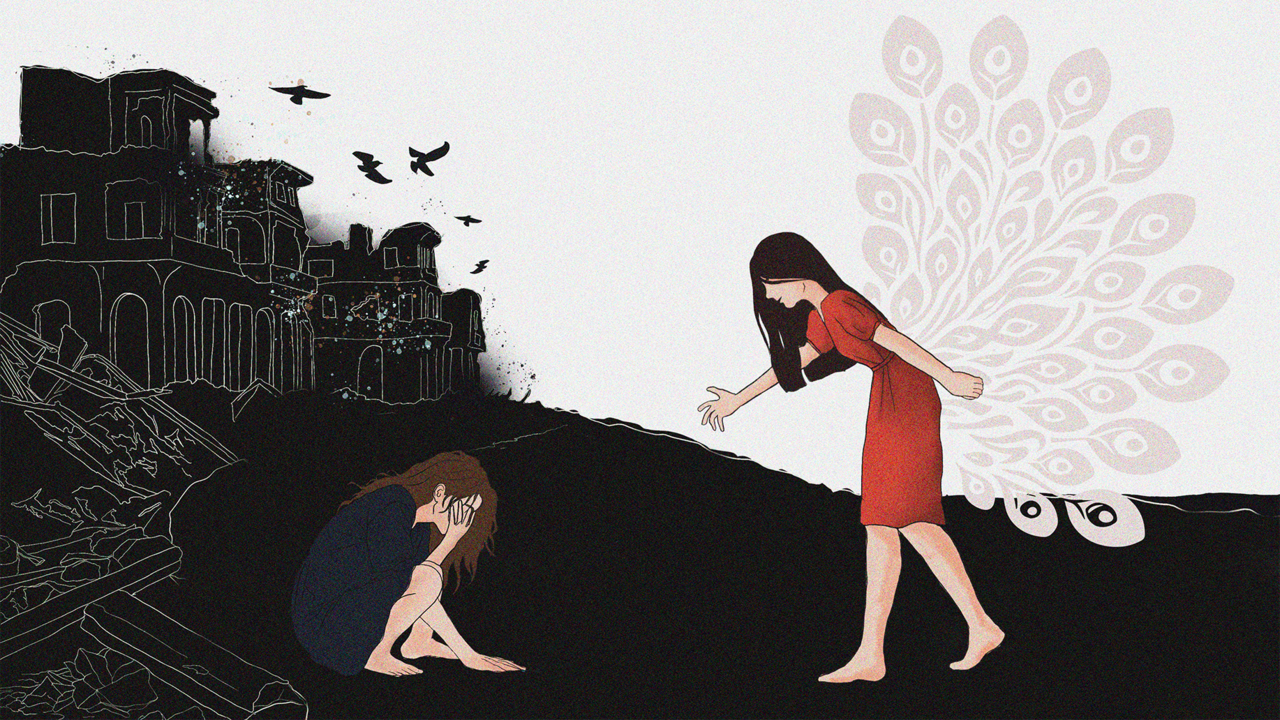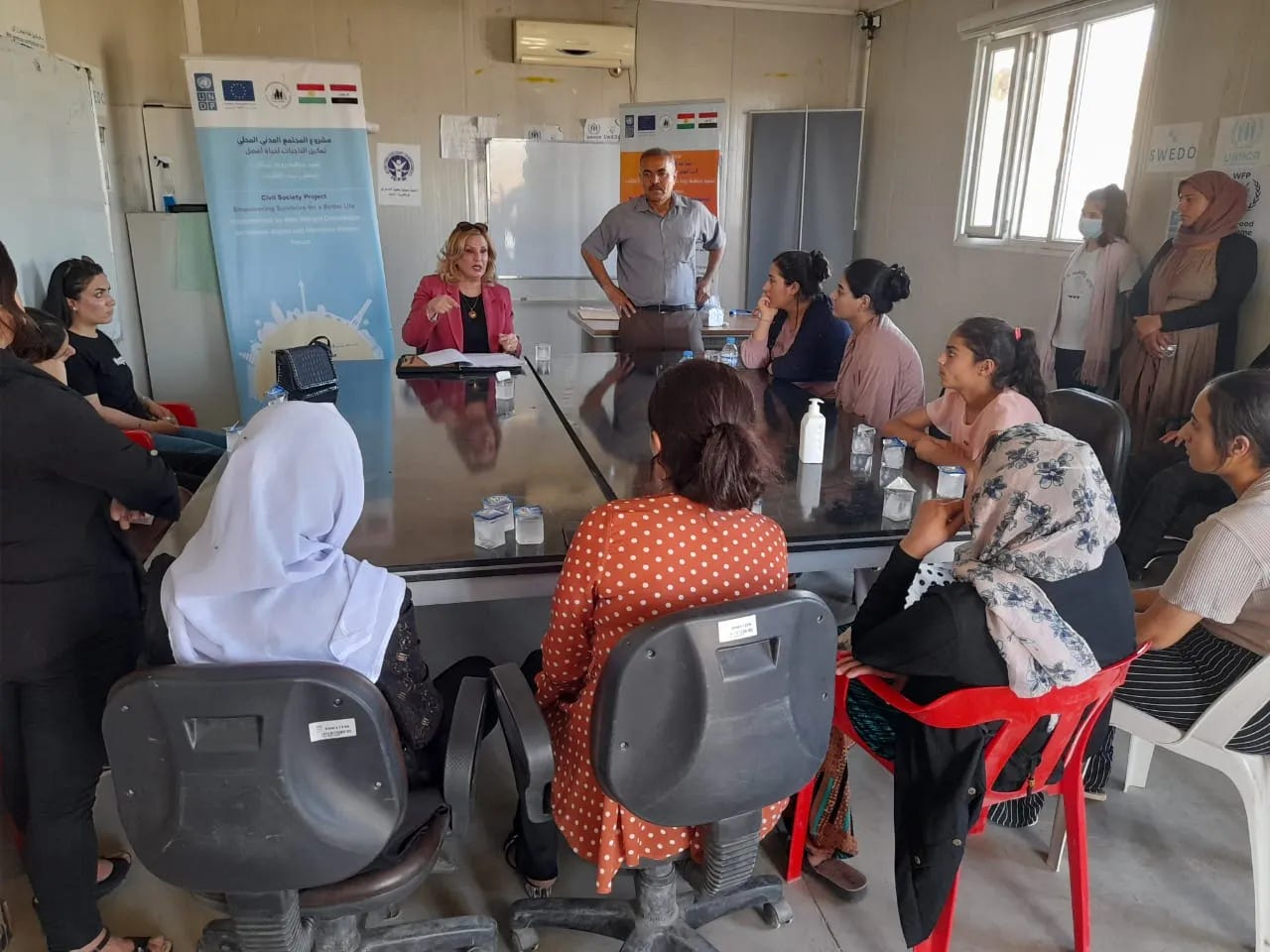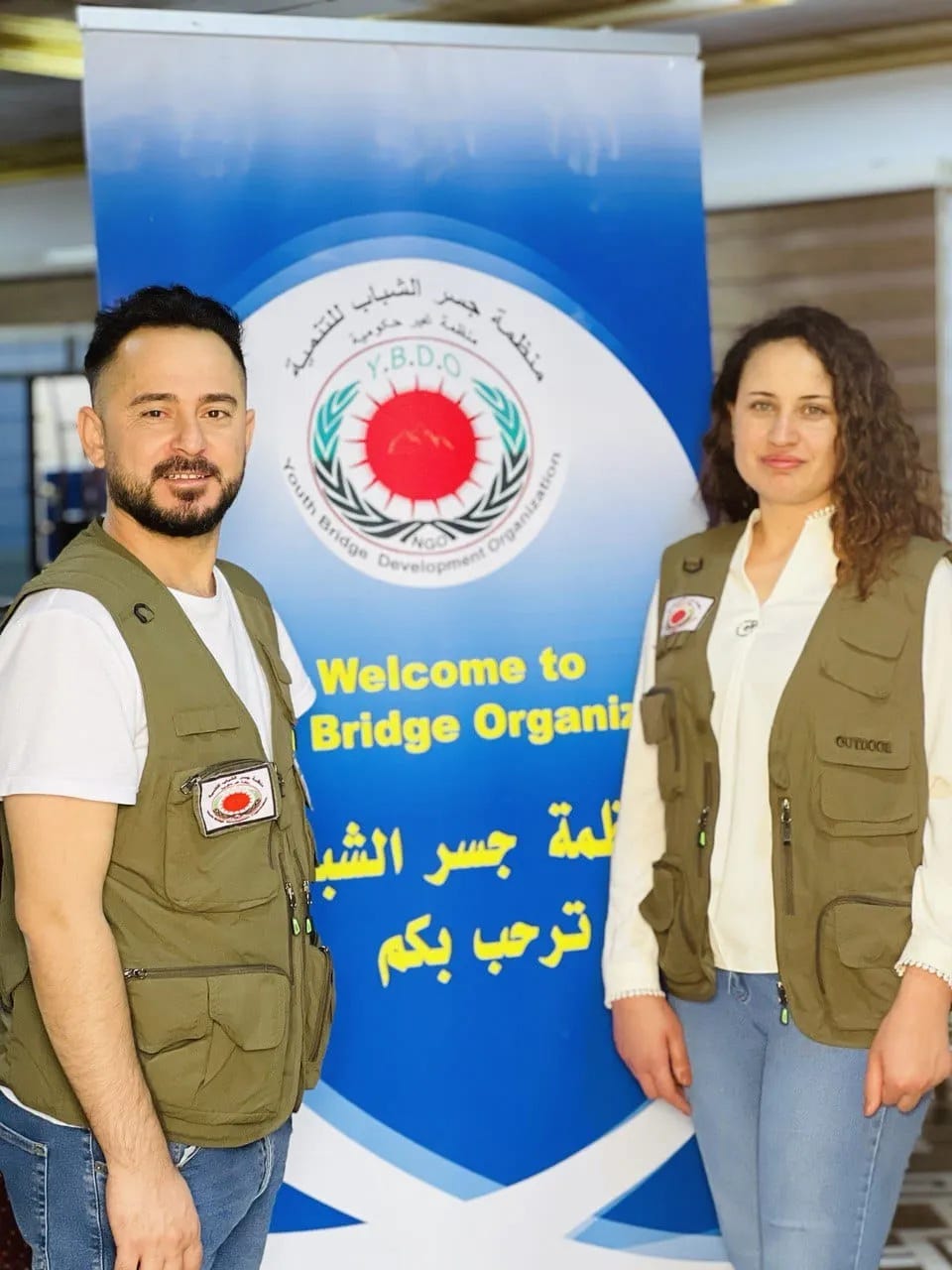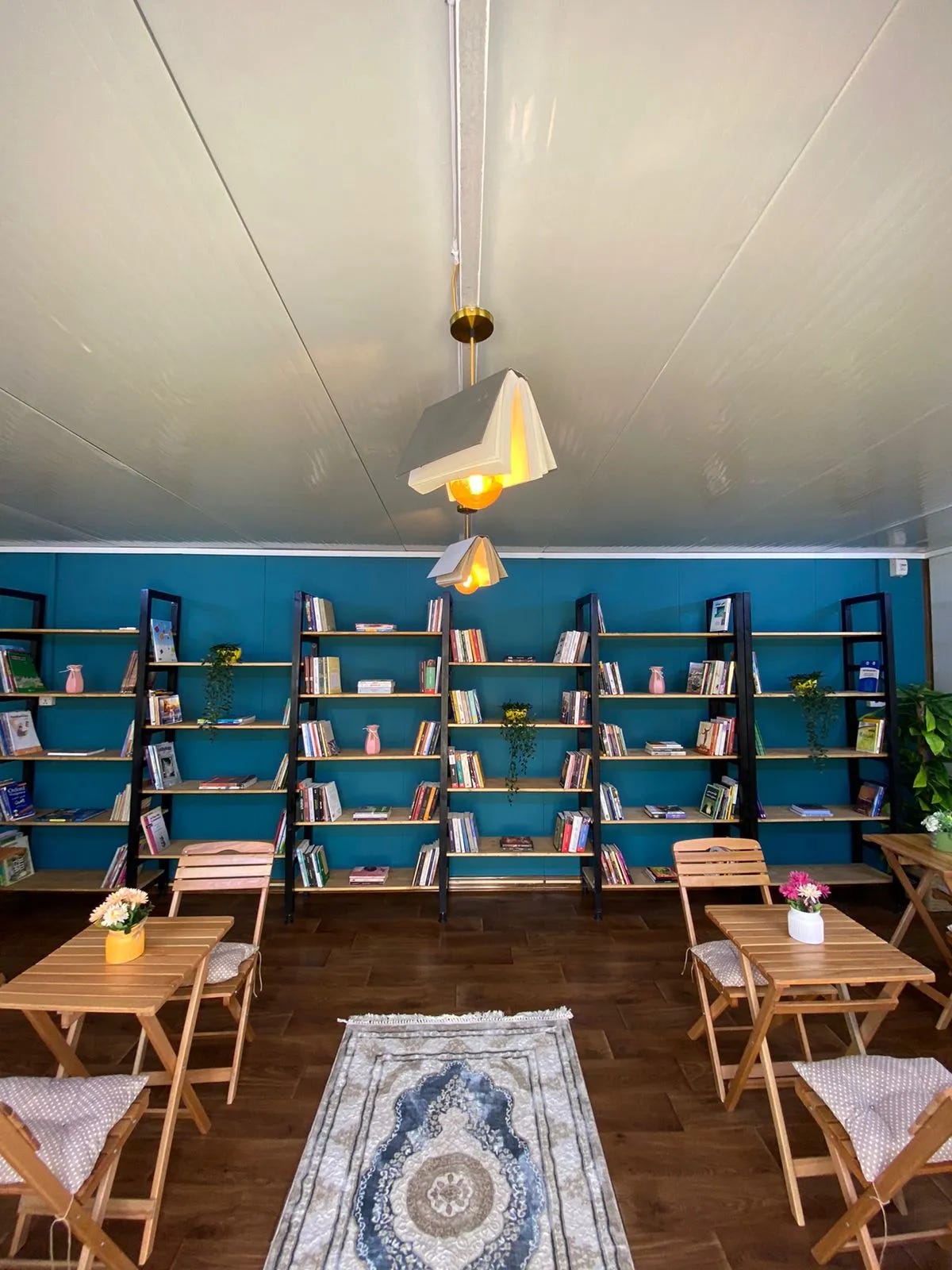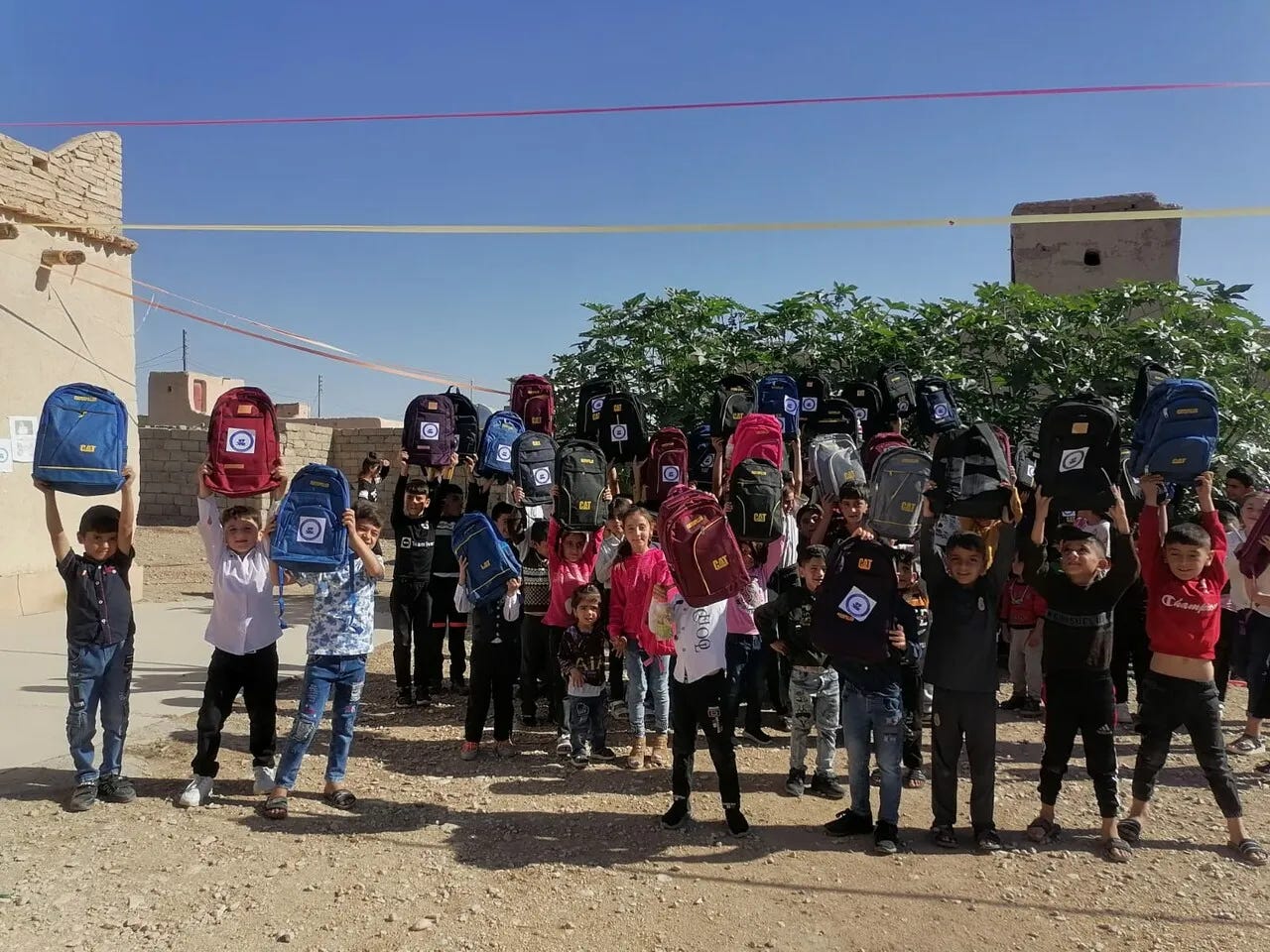Do Not Forget About the Yazidis
10 years ago, the unthinkable was perpetrated against the Yazidi people. Today, those left behind are forging ahead with rebuilding and healing, but they need support
A decade ago, the Islamic State of Iraq and Syria (ISIS) began its brutal genocide campaign against the Yazidi people in Sinjar. Over the next three years, Islamic State militants would traffic thousands of Yazidi women and murder thousands of Yazidi men. The terror organization’s forced conversion campaign resulted in the displacement of more than 70% of the global Yazidi population. Women were abducted, forced into sexual slavery, and in some cases, burned alive. Today, those left behind are still recovering from the trauma they experienced, the loved ones they lost, and the desecration and destruction of their homes and heartland. Their resolute commitment to rebuilding their lives in the wake of such atrocities is nothing short of remarkable. Ideas Beyond Borders is honored to support many of the women and men continuing to give their all to heal, rebuild, and ultimately prosper against all odds.
Naam Al-Hussain, 34, founded the Roja Shingal Human Rights Organization to support Yazidi women and girls. She has witnessed young girls come back from the brink of death, having survived unspeakable violence and torture at the hands of ISIS militants while in captivity. Al-Hussain helps survivors become self-reliant once again through intense mental health care and skills training—a painful but necessary process for all involved. Ultimately, these women have no choice—many of them lost their husbands and brothers during the genocide and are now the sole providers for their families. Using an Innovation Hub grant from IBB, Al-Hussain was able to offer entrepreneur workshops focused on starting and managing small livelihood projects as well as practical skills like driving. Step by step, these women are accomplishing the impossible; however, their work is far from over, and they need more support. Amid the escalating conflicts across the region, Yazidis have largely been forgotten. More painful still, the perpetrators have not been brought to justice, and the fate of 2,600 kidnapped women and children remains unknown.
Farhan Ibraheem, who runs freedom of expression workshops in Sinjar to protect young Yazidis determined to speak out, told us:
“The 10-year anniversary is not just a reminder of the tragedy, but a call to serious action to ensure it does not happen again and to achieve justice and dignity for the survivors. By highlighting the stories of the survivors, we can raise global awareness to confront extremism, promote shared human values, stand with the Yazidi people, and support human rights everywhere. We must continuously remember the victims, the abducted, the child soldiers, and the displaced who are still in camps. The commemoration [of the genocide] sends a strong message to governments and the international community about the necessity of protecting vulnerable communities, combating hate speech and violent extremism, and promoting dialogue, peace, and acceptance of others.”
The continued needs of the Yazidis 10 years on remain daunting, Ibraheem says. Many of the displaced are still living in tents and desperately need safe and livable housing. They need legal support to ensure the restoration of victims' rights and accountability for perpetrators, while guaranteeing protection for survivors from any future threats or violence. Iraq has still not officially recognized the genocide, which makes this even more difficult to accomplish. Those who are still being held captive need to be rescued—which can only be achieved through international cooperation. The community feels forsaken and forgotten. But still they continue to try to rebuild with the scarce resources they have.
Risala Alsharkani of the Roja Shengal Human Rights Organization, says they are still waiting for a clear position from the international community regarding their cause:
“The situation of the survivors is very tragic, with no psychological or material support. What is more sad is the presence of more than 250 Yazidis still in the hands of ISIS without Iraq asking about them first and the international community second. As a Yazidi and an activist in the field of human rights and defending survivors, I can confirm that the survivors suffer from their inability to provide the simplest necessities of life, as they need psychological and material support and to re-empower them, and we, as local organizations, are unable to provide full support to them because our budgets are modest and we do not find international organizations to be honest and transparent in the matter of providing the necessary support.”
The tenacity and courage of the Yazidi community in the aftermath of such profound suffering is awe-inspiring. Their relentless efforts to rebuild their lives highlight the urgent need for continued international support and intervention. As we commemorate the tragic events of ten years ago, we must not turn a blind eye to the ongoing struggles of the Yazidi people. Their call for justice, security, and the return of their loved ones must be met with determined global action. It is our collective responsibility to ensure that the horrors they endured are never forgotten and never repeated. By standing in solidarity with the Yazidis, we can help pave the way for a future where they can thrive, free from fear and oppression. Let this be a moment of renewed commitment to uphold human rights and protect vulnerable communities everywhere.
Below, you will find photos that contain links to many of the stories we have covered about the Yazidis' ongoing efforts to rebuild and rehabilitate survivors. Ideas Beyond Borders has supported all of these endeavors. We will not abandon the Yazidis. By making a donation, you can help us continue to empower and equip Yazidi businesses and individuals with the resources they need to prosper.
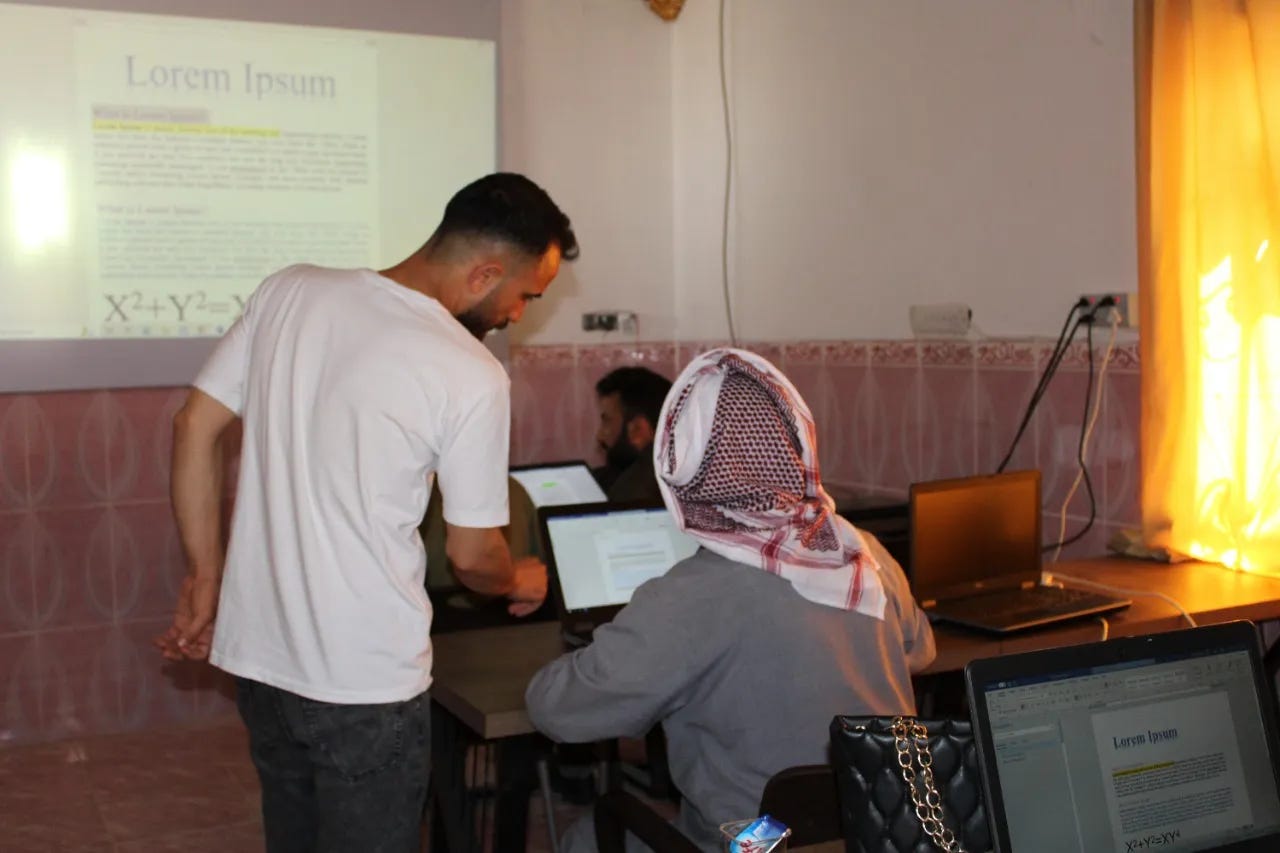
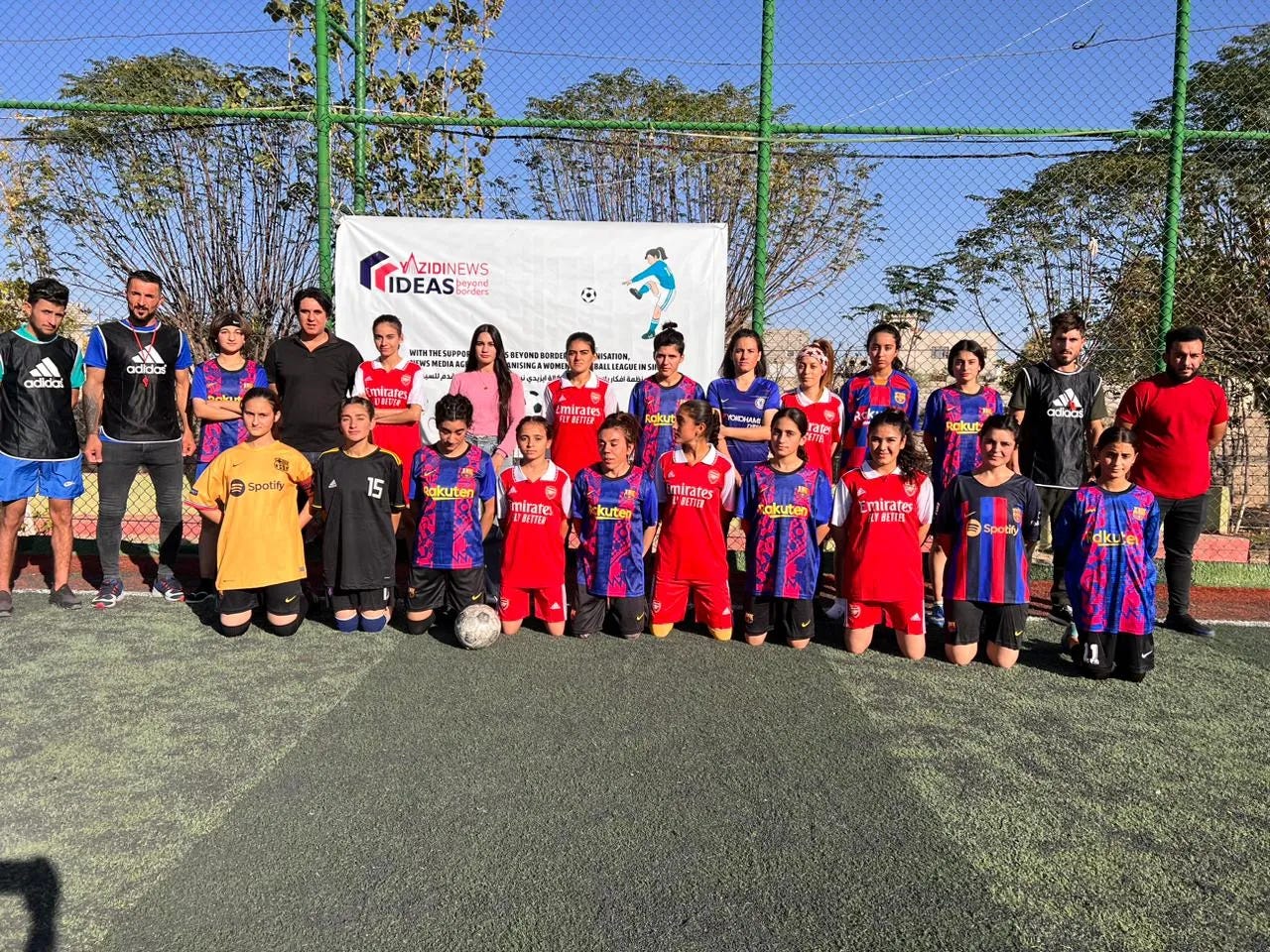
This article was written by .




